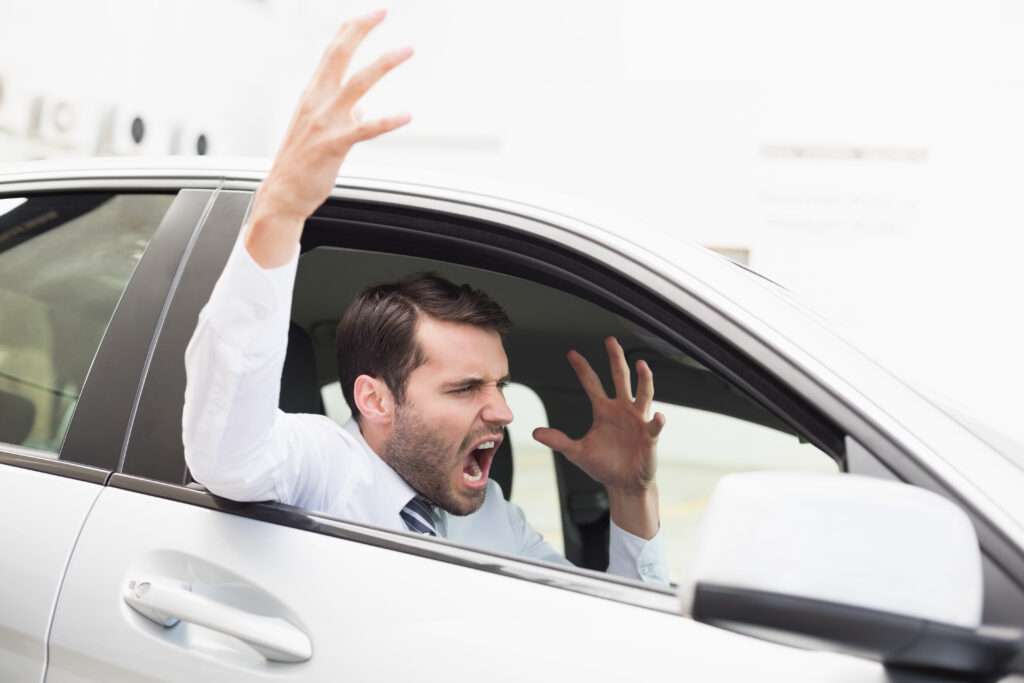
Crashing a company vehicle, even a tiny bump, can make your heart drop. Whether you reversed into a lamppost or were in a serious accident, questions flood in: Am I in trouble? Will I have to pay? Is this even covered by insurance? You’re not alone in wondering what happens if I crash a company vehicle?
Take a breath, you’re not the first person this has happened to, and you won’t be the last. The truth is, what happens next depends on a few things: how the accident happened, what your employer’s policies say, and whether you were acting within your responsibilities at the time.
This guide cuts through the legal waffle to explain your rights, potential liability, employer policies, and what to do if you’re injured or someone else is involved
- Your rights as an employee if you crash a company vehicle
- Whether you could be held responsible for the damage
- How company vehicle damage policies can affect you
- When your employer can ask you to pay (and when they can’t)
- What to do if someone else’s car was involved
- What to do if you were injured and might have a personal injury claim.
And if you’re already feeling overwhelmed with HR, insurance, or uncertainty, you don’t have to handle it alone. At Claim Time Solicitors, we help people just like you make sense of workplace vehicle accidents, whether you are the driver, a passenger, or just caught in the chaos
In 2023, there were an estimated 132,063 casualties of all severities from road collisions in Great Britain, marking a 3% decline compared to 2022.
UK motor insurers paid out a record £9.9 billion in claims in 2023, the highest annual figure since records began.
First things first: What to do after a crash in a company vehicle?
So, you’re cruising in a company car or van, doing your job, and bam! You’re in an accident. It happens. A collision. Whether it’s a minor scrape or a full-blown fender-bender, your head starts spinning. But don’t worry, here’s how to take control of the situation like a pro:
- Check for injuries: First and foremost, is everyone okay? Safety comes before everything else. If there are any injuries, no matter how small, take them seriously.
- Call 999 if needed: If anyone’s hurt or there’s a serious hazard (like a fuel spill), get the emergency services on the scene right away.
- Swap the essentials: Just like with any accident, you’ll need to exchange details with the other driver, address, phone number, insurance information, and number plates.
- Take photos: Capture the damage, vehicle position, and surroundings. These can make or break an insurance claim.
- Notify your employer ASAP: Don’t wait on this. The sooner your employer knows, the sooner insurance and legal processes can kick in. Plus, it shows you’re taking responsibility.
So, what happens if I crash a company vehicle?
It’s the question everyone wants answered: What happens if I crash a company vehicle? The honest answer? It depends. But don’t worry, here’s how it usually works:
Who’s on the hook?
In most cases, your employer is liable, especially if:
- You were using the vehicle for work at the time
- You weren’t breaking the law or company rules.
But, if you were:
- Using the vehicle for personal errands without permission
- Driving carelessly or breaching company policies
Then your employer might hold you accountable. That’s where things like damage liability policies and your employment contract come into play.
And if the accident wasn’t your fault, and you were injured, you could have grounds for a personal injury claim. Our team at Claim Times Solicitors can help you explore your options.
The legal lowdown: Who covers what?
UK law requires your employer to insure the company vehicle. If you’re driving for work and not breaking any rules, their insurance should cover the damage, including your injuries. However, if your actions are classed as gross misconduct, they could discipline you or, in rare cases, let you go. They can only make you pay for damage if your contract clearly says so, and they must follow a proper procedure.
Insurance: The unsung hero of company car crashes
Company fleet insurance is your safety net. It covers third-party damage, company vehicle repairs, and legal costs, as long as you’re authorised and driving within policy terms.
Pretty solid, right? But here’s the catch. Insurance only works if you’ve played by the rules.
Before you turn that ignition, ask yourself:
- Am I listed on the policy?
- What’s the excess? (That’s the chunk not covered by insurance.)
- Is this trip work-related, or am I sneaking off for personal errands?
If you’re not authorised to drive, or you’ve taken the car on a weekend adventure, the insurer might pull the plug on the payout, leaving both you and your boss in hot water. Now, if you’ve damaged someone else’s car, don’t panic. Your employer’s insurance should cover it. Unless you seriously broke the rules, you shouldn’t have to cough up the cost yourself. But if you were reckless, that’s a different story.
Disciplinary action: Could you be fired?
If the crash happened during work and you weren’t reckless, disciplinary action is unlikely. But serious negligence, like speeding or drunk driving, can lead to:
- A formal warning
- Mandatory retraining
- Demotion
- Dismissal, but only in serious cases
But don’t panic just yet. Your employer can’t just sack you on the spot. They’re legally required to follow a fair disciplinary process under the ACAS Code of Practice. That means they need to investigate properly, give you a chance to explain, and handle things fairly.
If you think they’ve gone overboard, like firing you without following the rules, you might have grounds for an unfair dismissal claim. That’s where Claim Time Solicitors can step in and fight your corner.
Got hurt in the crash? What happens if I crash a company vehicle? Can I still claim?
Here’s the good news: even if the accident was your fault, you might still be able to claim compensation. Most employers have insurance in place to cover situations just like this. So if you were injured while driving a company vehicle, you could be entitled to a payout to help with medical costs, lost wages, and more.
You could claim for:
- Get the right medical assessments
- Claim back lost income
- Secure a fair settlement
At Claim Time Solicitors, we’ve helped thousands with personal injury claims, dealing with work-related road accidents. And the best bit? It’s a no-win, no-fee arrangement, so there’s zero financial risk involved. If we don’t win, you don’t pay. Simple. Don’t just suffer in silence. If you’ve been injured, get the support (and the payout) you deserve.
Can businesses charge employees for damage to company vehicles?
Employees can only charge you if your contract says so, and you were at fault
Here’s what it comes down to:
- What’s in your contract? If it says you’re responsible in certain situations, that could open the door.
- Were you at fault? Honest mistakes might be covered. Reckless driving? Not so much.
- Was it gross misconduct? Like breaking the law, driving drunk, or ignoring clear safety rules, that could change everything.
But here’s the key thing:
Your employer can’t just take money from your wages without your agreement or without following a proper disciplinary process. If they do, they could be breaking UK employment law, and that is a big no-no.
If you feel you’re being unfairly blamed or charged, speak up. Or you’re feeling lost, stressed, or just need someone to steer you in the right direction, we at Claim Time Solicitors are ready to jump in. No waffle, no pressure, just legal support from people who know this stuff inside out.
Need help after a company vehicle accident?
Whether you’re confused, injured, or worried about your job, we’re here for you.
Give us a ring on 0800 970 2727 or book a free call-back, no strings attached, just helpful guidance.
Because when the rubber meets the road, you deserve expert support that goes the distance.
